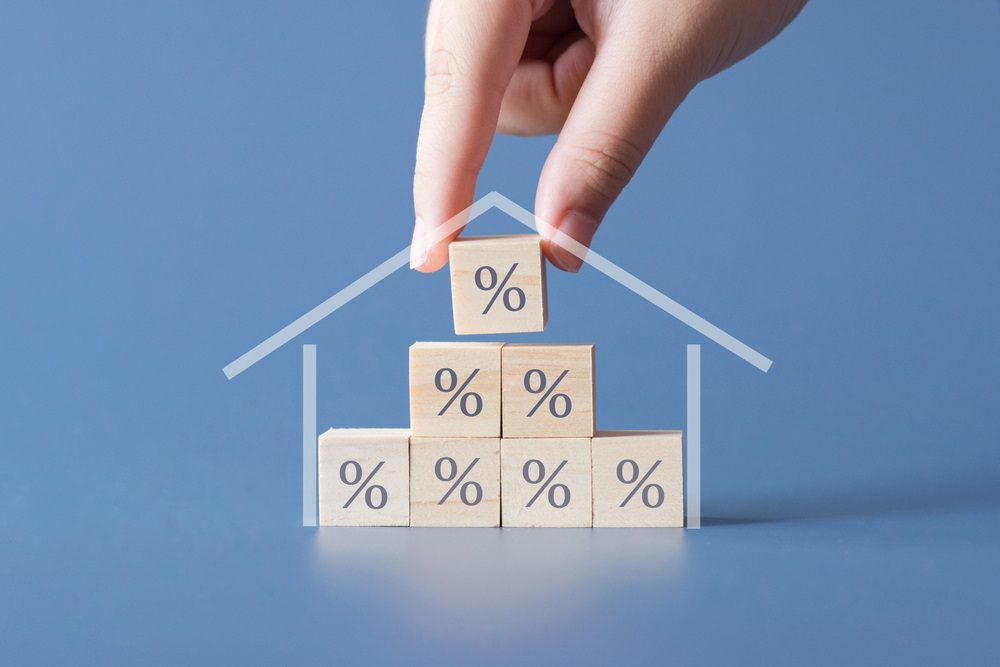Interest rates are one of the main factors in determining your mortgage repayments. Here's a guide to how they work and how this impacts your finances
 Like other forms of interest, mortgage interest is the sum you will be charged to borrow money. In the case of a mortgage, the sum you borrow is secured by the property you are purchasing.
Like other forms of interest, mortgage interest is the sum you will be charged to borrow money. In the case of a mortgage, the sum you borrow is secured by the property you are purchasing.
To clear the mortgage and be debt-free, you will need to repay both the capital sum and the interest that has accrued on it over the term of the mortgage.
Typically, mortgage interest is expressed as a percentage figure. This is because interest payments are worked out as a proportion of the remaining sum owed over the mortgage’s term.
To put that another way, two mortgages with the same sum borrowed at the same interest rates may end up with very different levels of charge if they have different terms.
You’d expect to pay more in interest for a 25-year mortgage than a 10-year one, for example, simply because there is another 15 years of interest charges that will apply. In addition, mortgage interest rates are subject to changes over time.
Understanding fixed and base rate interest charges
Although mortgage lenders can – in theory, at least – set their interest rates as they see fit, they do so in a marketplace. Some specialist mortgage providers may be more expensive than others, but they all compete with one another.
The base interest rate – the rate of interest that all UK financial institutions adhere to – is set by the Bank of England.
If the bank puts its interest rates up, then mortgage lenders tend to follow. This can happen in the month after any announcement on interest rates from the Bank of England’s Monetary Policy Committee (MPC).
Of course, interest rates can go up as well as down when they track the Bank of England’s base rate.
To avoid hikes in interest charges, some borrowers avoid so-called tracker mortgages that reflect the base rate as set by the Bank of England.
These mortgage offers are known as fixed-rate deals. You still pay off some of the capital sum each month and an additional sum for the interest charges. However, with a fixed-rate mortgage deal, the interest rate won’t alter until the deal comes to an end.
With a typical 25-year mortgage, fixed rates tend to be set for three, four or five years. Taking one out may mean you pay less or more than you would have done under a tracker mortgage.
These deals are popular when it is thought base interest rates will be likely to rise. In addition, they offer some certainty because you’ll know how much you’ll need to pay each month until the deal comes to an end, of course.
Guidance on settling mortgages early
If you come into some money, you may pay off your mortgage early, so you own your home outright without having to wait.
According to Pinnacle Finance, a specialist mortgage broker based in London, it is worth first checking on any potential penalty clauses in a mortgage contract before settling your mortgage early.
Some providers charge you to settle your mortgage because they’ll lose out on future interest payments.
There again, others do not, particularly if you are out of a fixed-rate deal at the time.
Knowing where you might stand if you may inherit or receive a substantial bonus down the line is crucial in obtaining the right mortgage offer in the first place.














